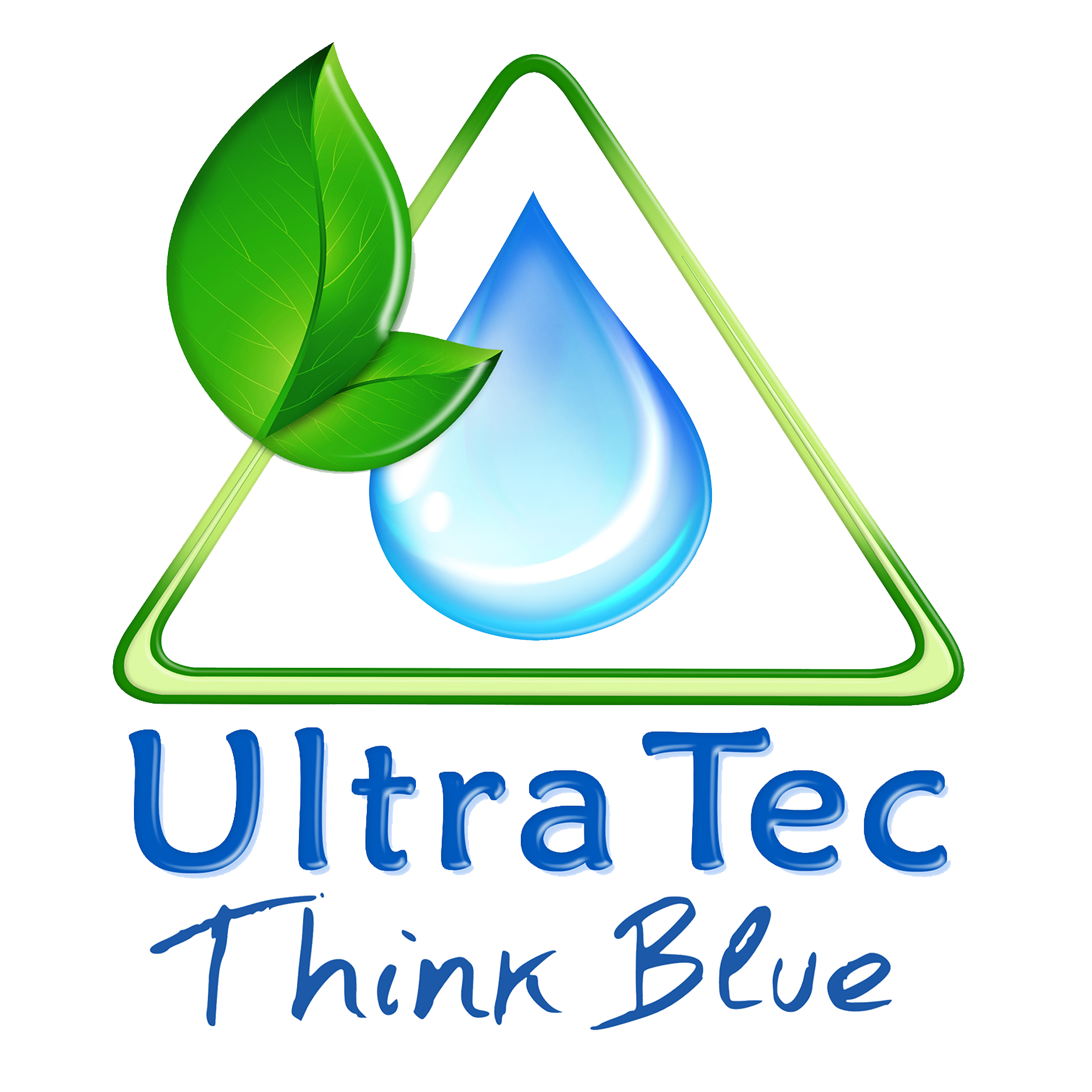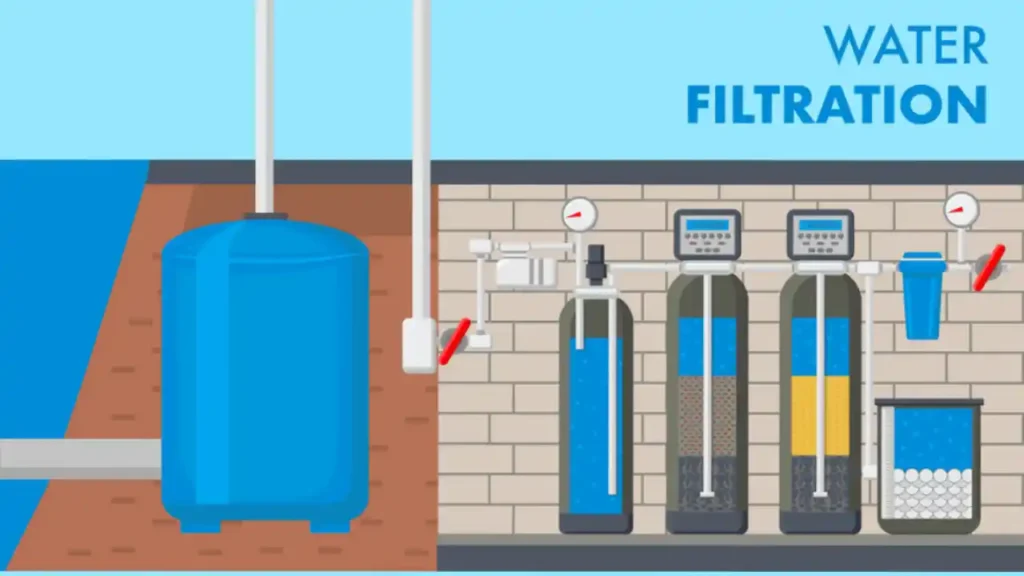Clean and pure water is very important for health. In the United Arab Emirates (UAE), water is a valuable resource that needs to be handled carefully. The demand for water has grown dramatically due to fast industrialization and urbanization, placing pressure on the available water supplies. Efficient wastewater treatment and purification is a vital component of water management in the United Arab Emirates. We will discuss the significance of wastewater filtration and purification in this blog post, along with sustainable alternatives used in the United Arab Emirates.
If wastewater is not adequately treated, it can seriously harm human health and the environment. Wastewater is produced by home, industrial, and agricultural operations. Among these pollutants are heavy metals, chemicals, pathogens, and organic waste. Consequently, wastewater must be treated before it can be released back into the environment or used again for non-potable purposes.
Wastewater purification includes additional treatment in order to get rid of harmful substances and bacteria, whereas wastewater filtering removes suspended particles and other contaminants. Modern methods and cutting-edge technologies are used in the UAE to guarantee effective and long-lasting wastewater treatment.
Membrane systems are one of the key technologies used in wastewater filtration. MBR combines biological treatment with membrane filtration to achieve high-quality effluent suitable for various applications, including landscape irrigation and industrial processes. This technology offers several advantages, such as a compact footprint, superior effluent quality, and reduced chemical usage.
In addition to MBR, other advanced filtration methods like reverse osmosis (RO) and ultrafiltration (UF) are also deployed in wastewater treatment plants across the UAE. RO, in particular, is highly effective in removing dissolved salts, organic compounds, and microorganisms from wastewater, making it suitable for reuse in agriculture and landscaping. UF, on the other hand, utilizes semi-permeable membranes to remove suspended solids, colloids, and pathogens, producing clean water for various purposes.
Furthermore, the UAE government has implemented stringent regulations and standards to ensure the proper management of wastewater and safeguard public health and the environment. Wastewater treatment plants are monitored regularly to ensure compliance with these regulations, and continuous efforts are made to enhance treatment efficiency and reduce environmental impact.
Moreover, the UAE is actively promoting water reuse and recycling as part of its sustainable water management strategy. Treated wastewater, also known as reclaimed water, is increasingly being used for irrigation, industrial processes, and even groundwater replenishment. This not only conserves freshwater resources but also reduces the reliance on desalination, which is energy-intensive and costly.
In conclusion, wastewater filtration and purification play an important role in water management and environmental protection in the UAE. Through the adoption of advanced technologies and sustainable practices, the UAE is striving to ensure the efficient treatment of wastewater and the responsible reuse of reclaimed water. By investing in wastewater infrastructure and promoting water conservation initiatives, the UAE is setting a commendable example for sustainable water management practices worldwide.

